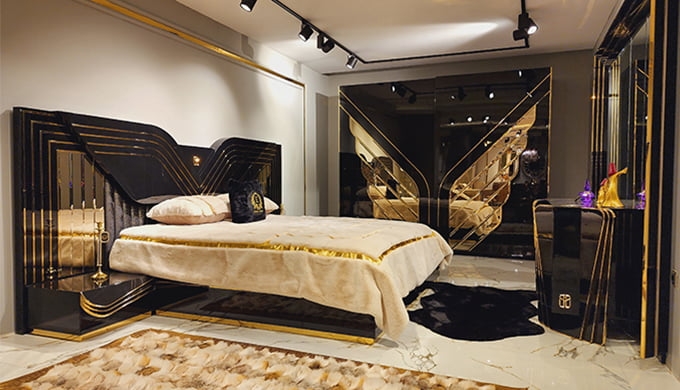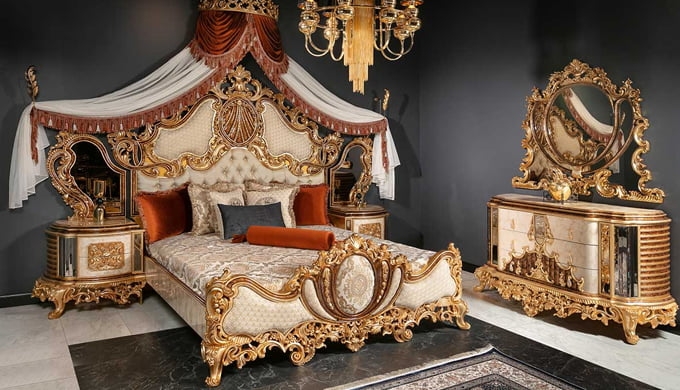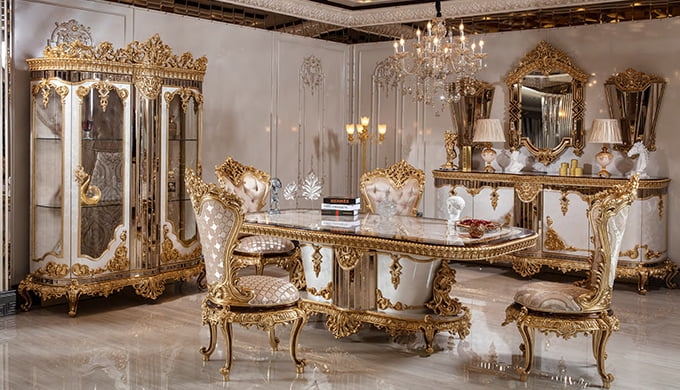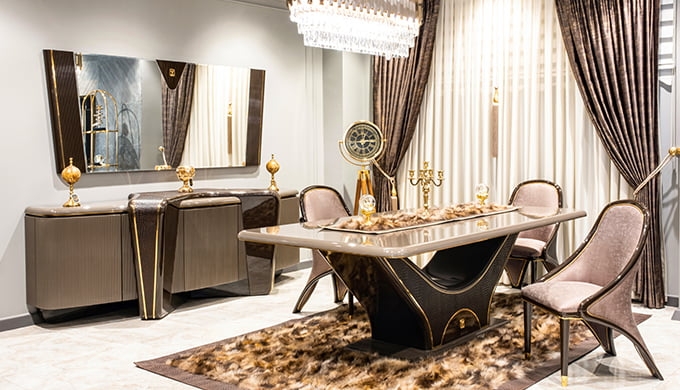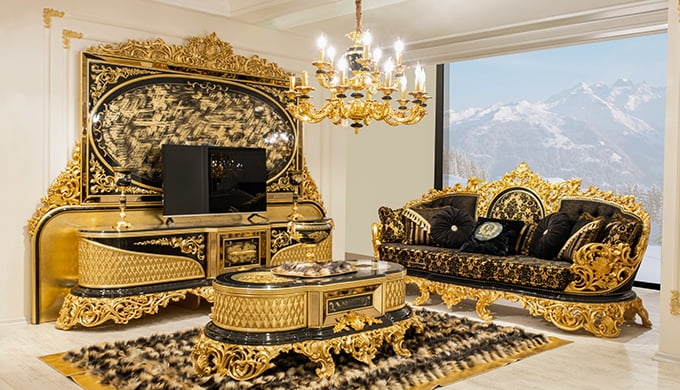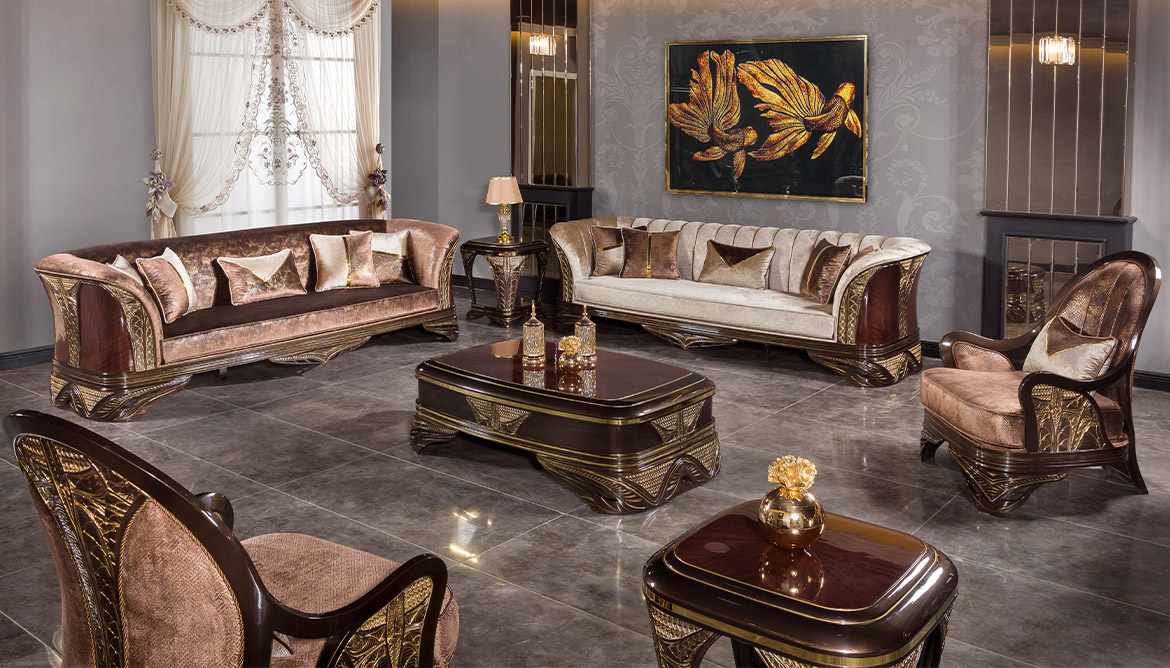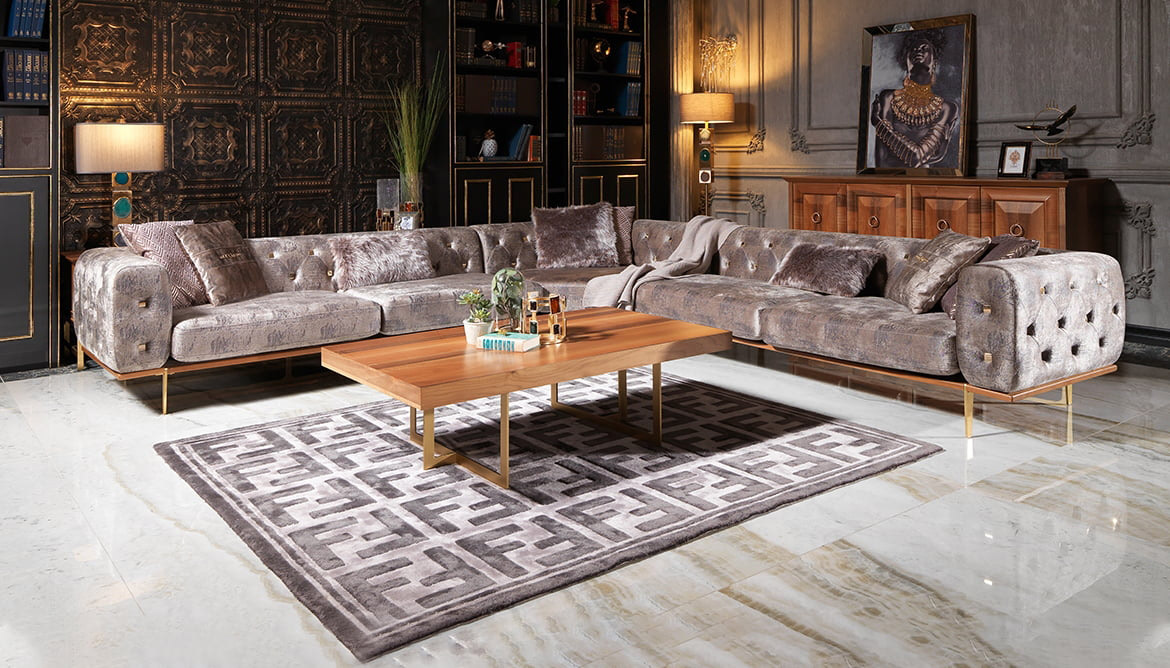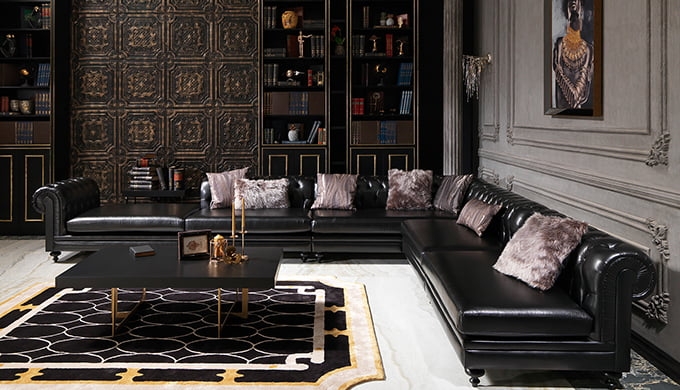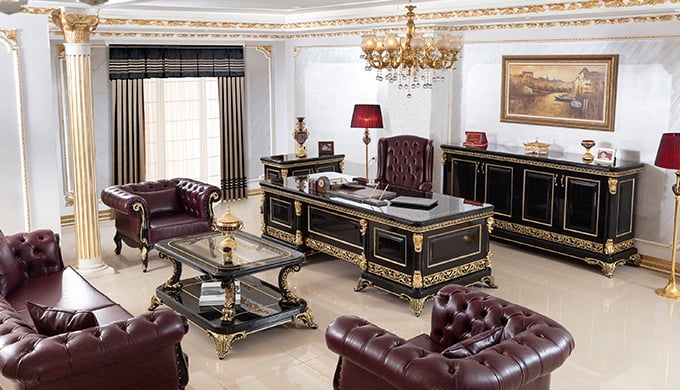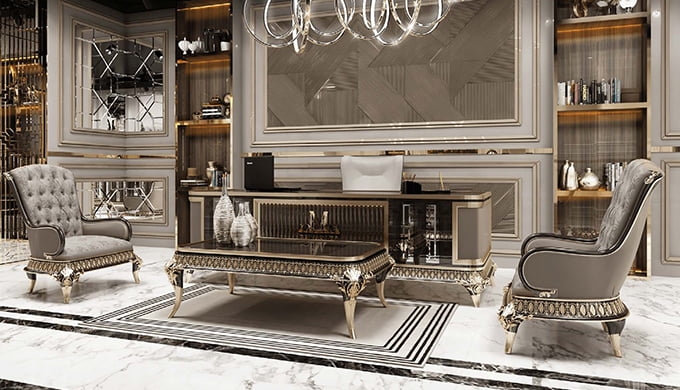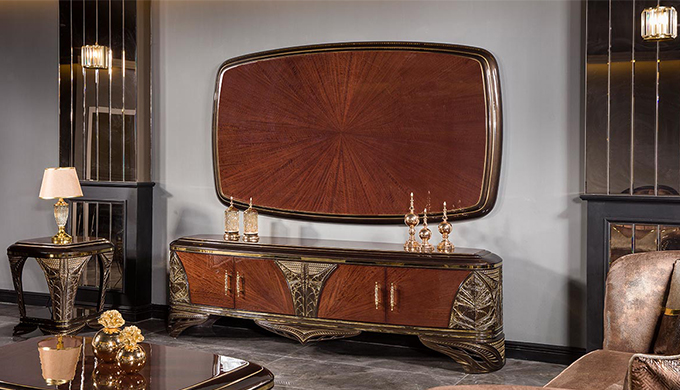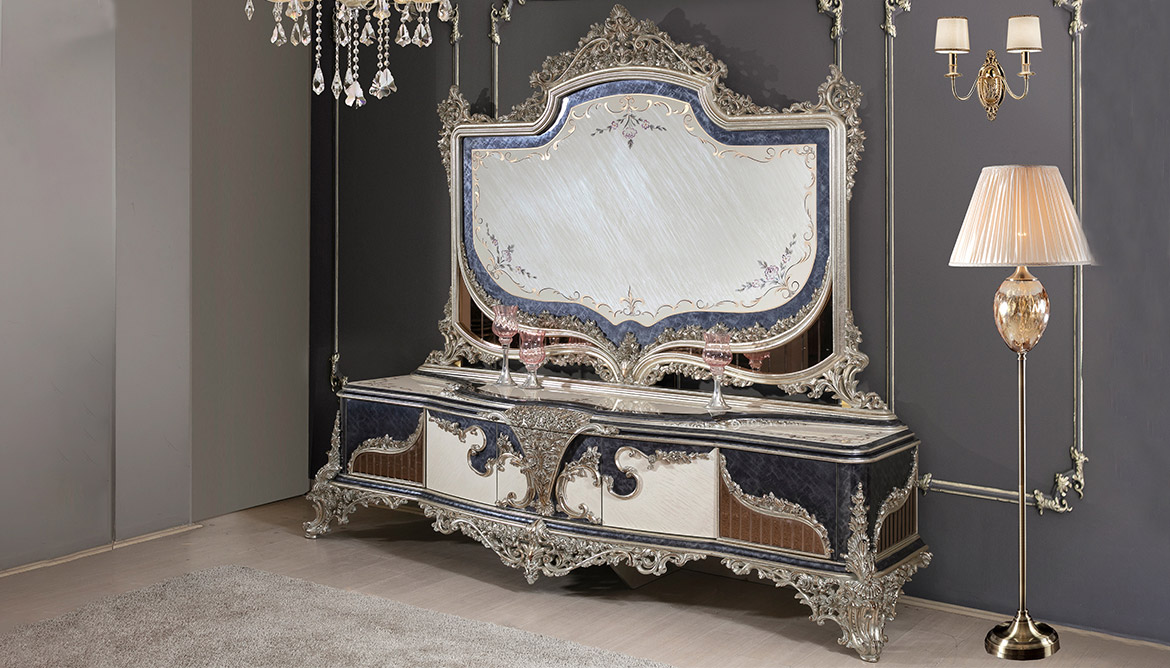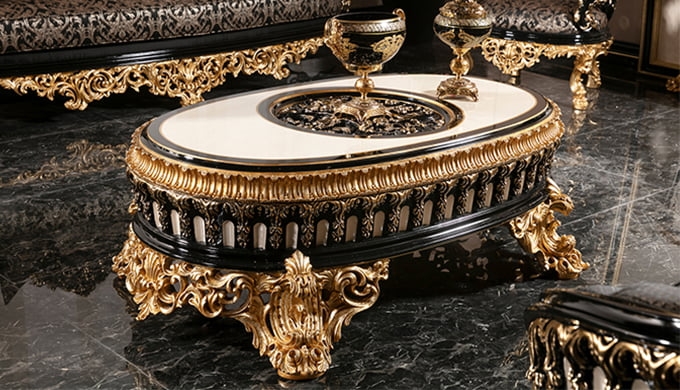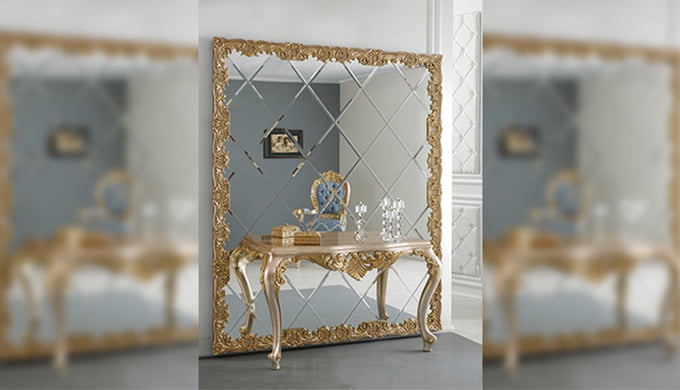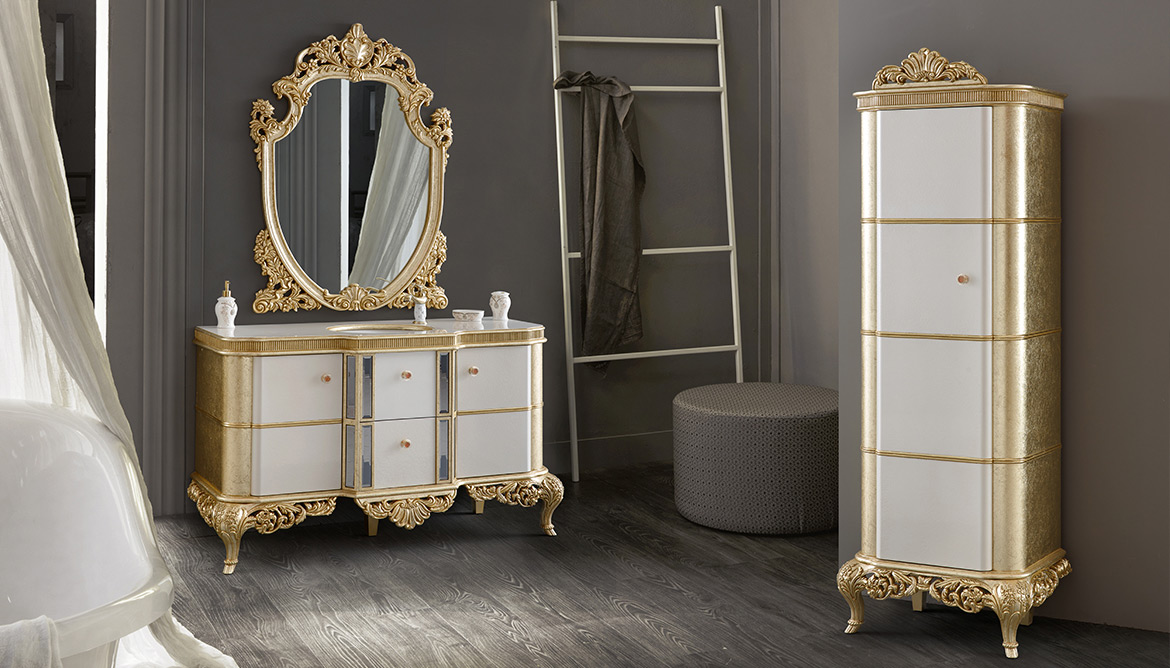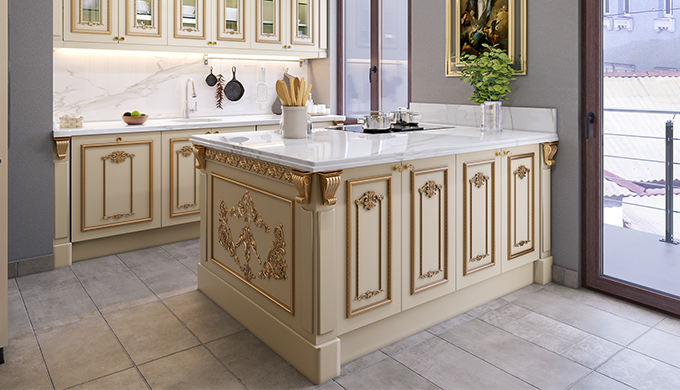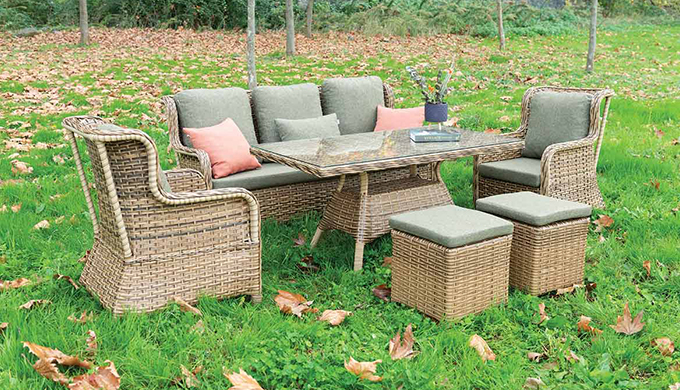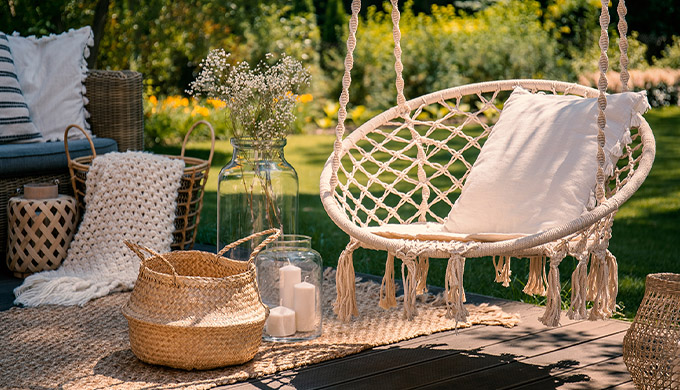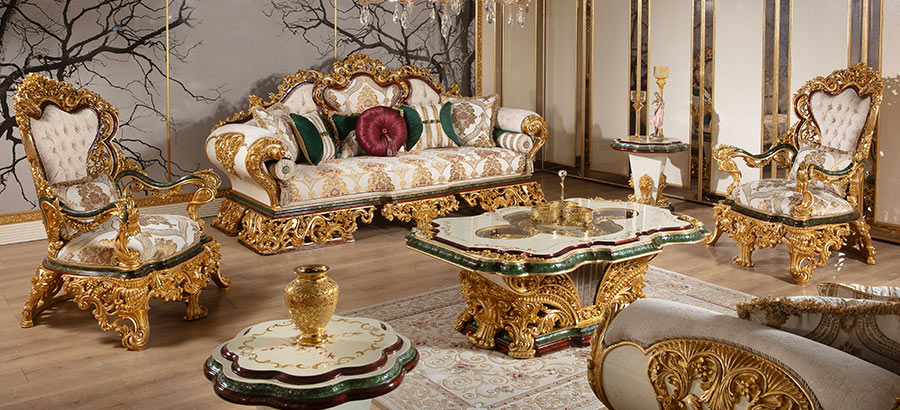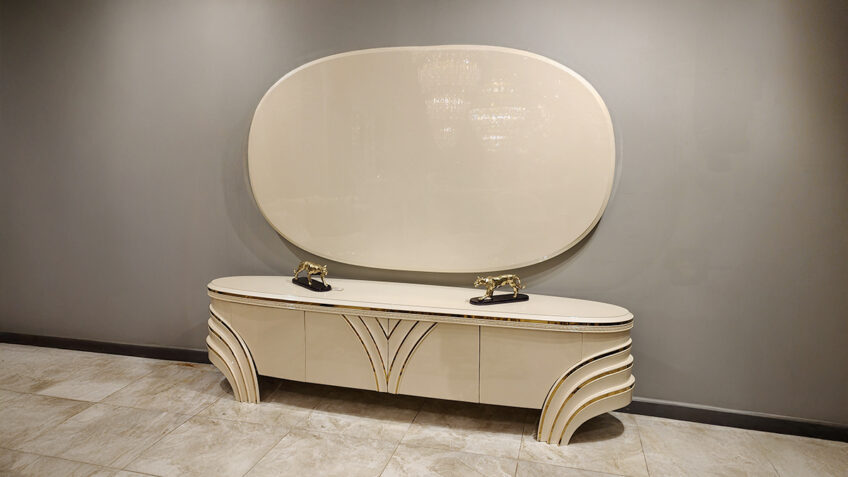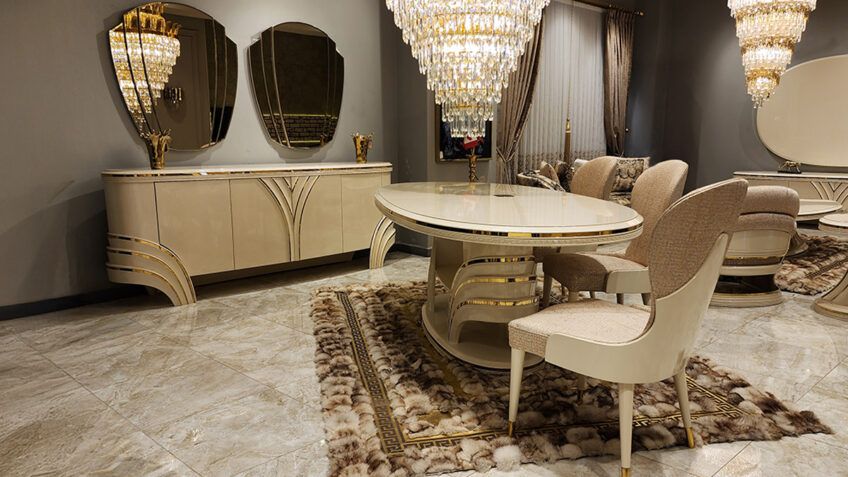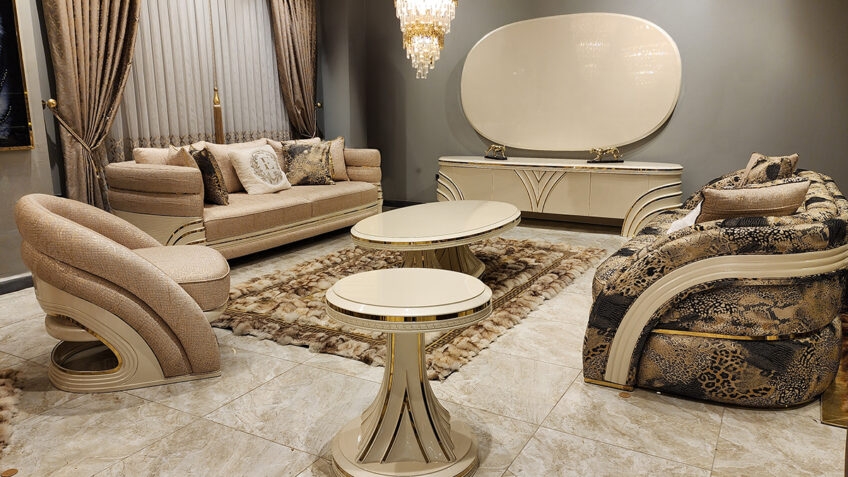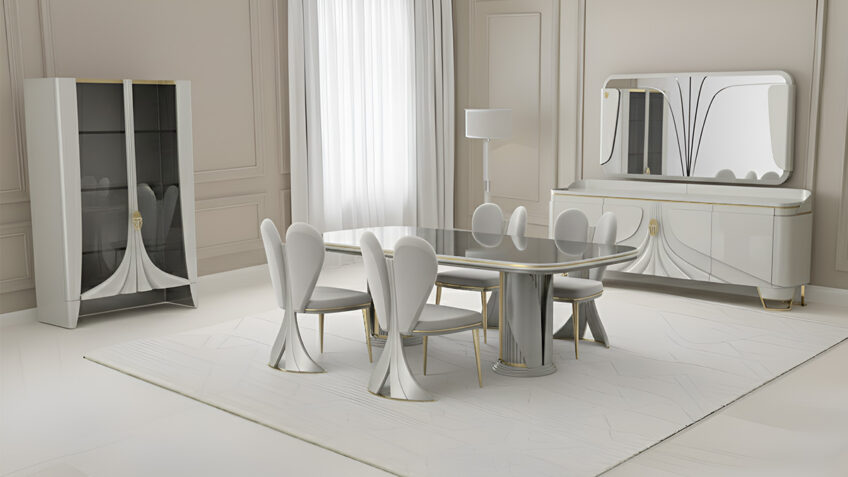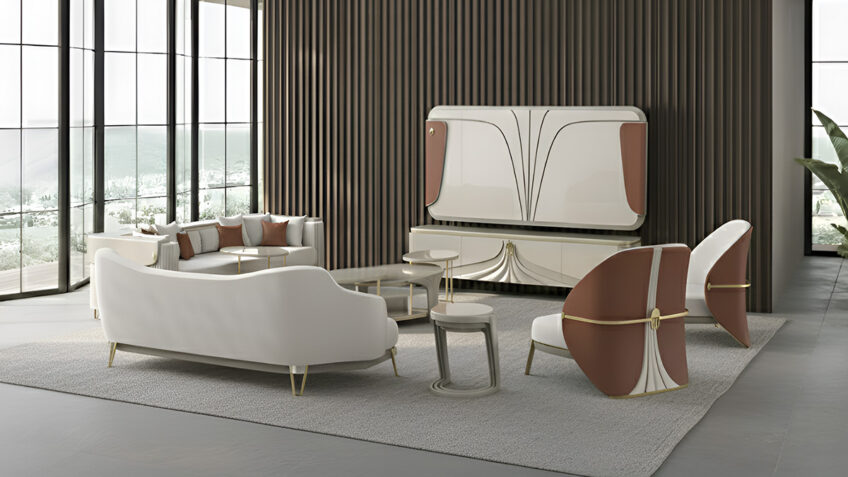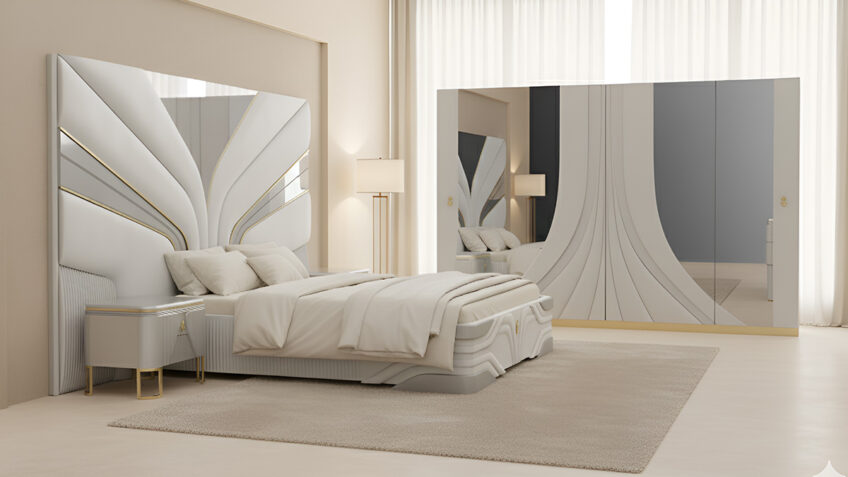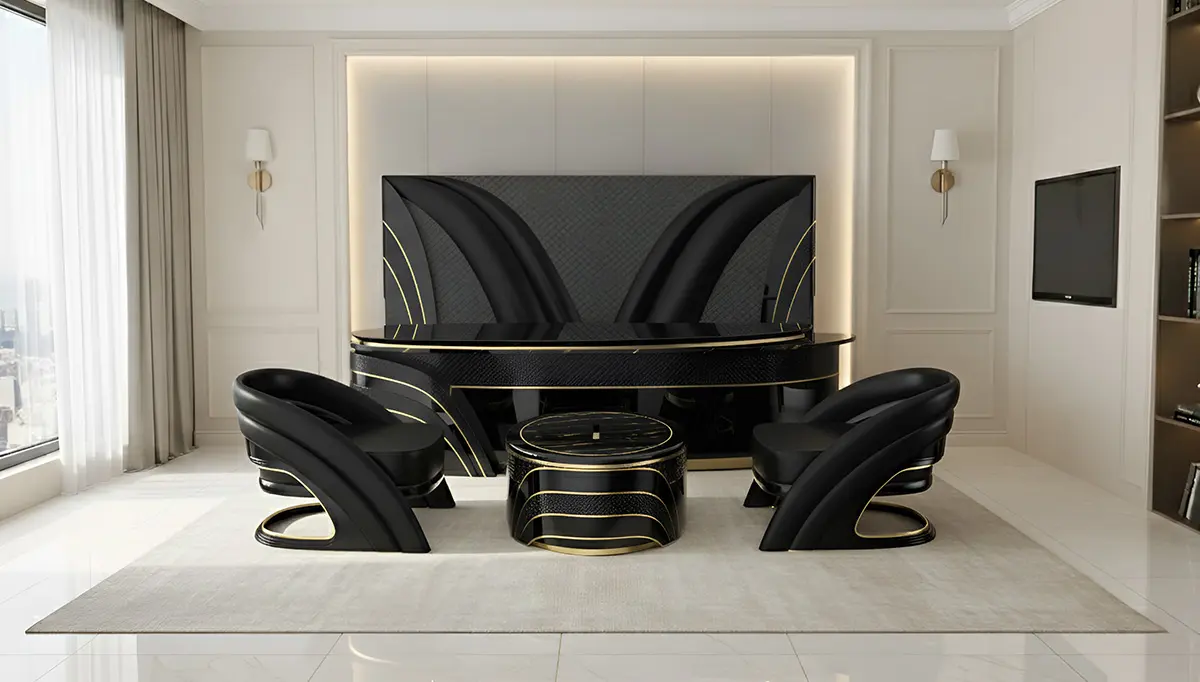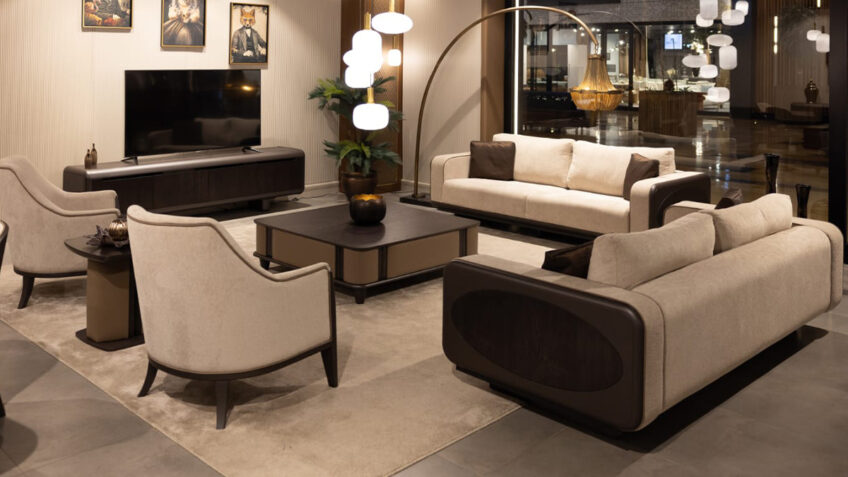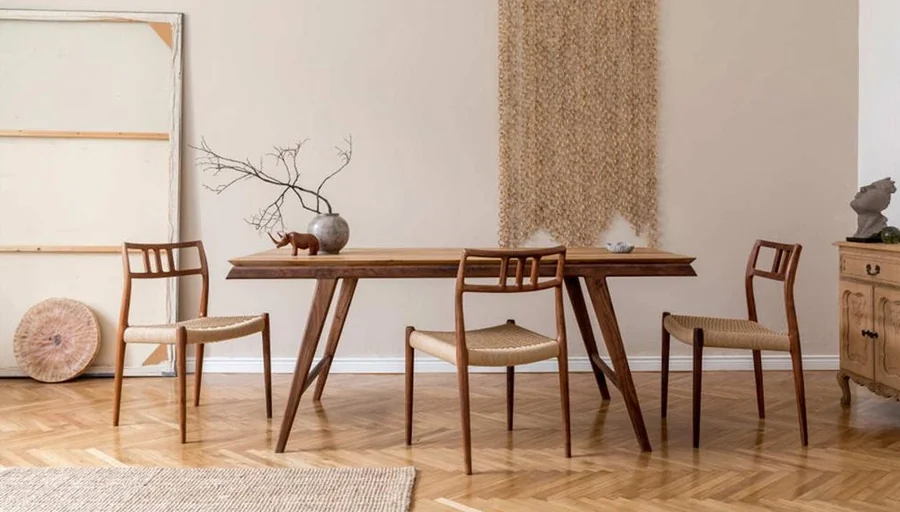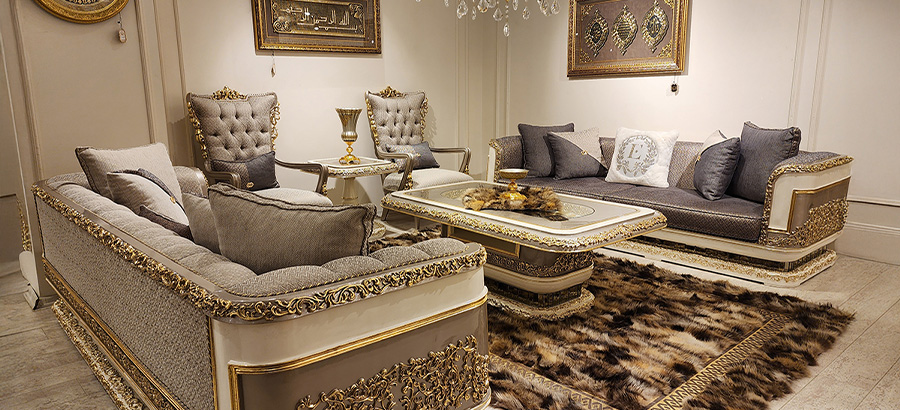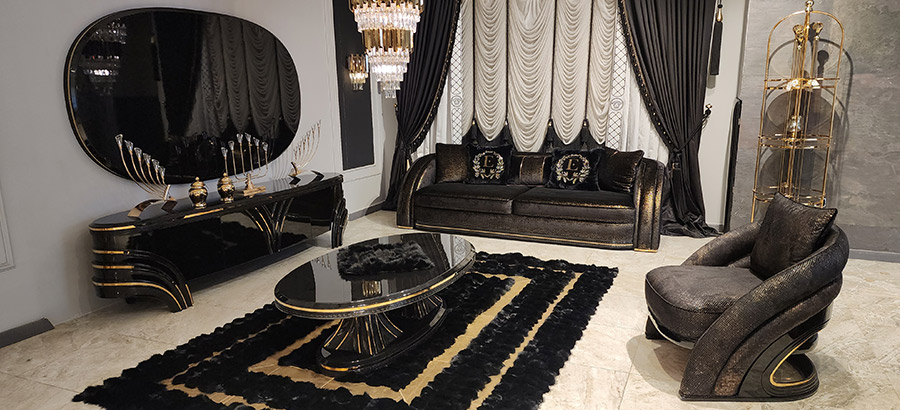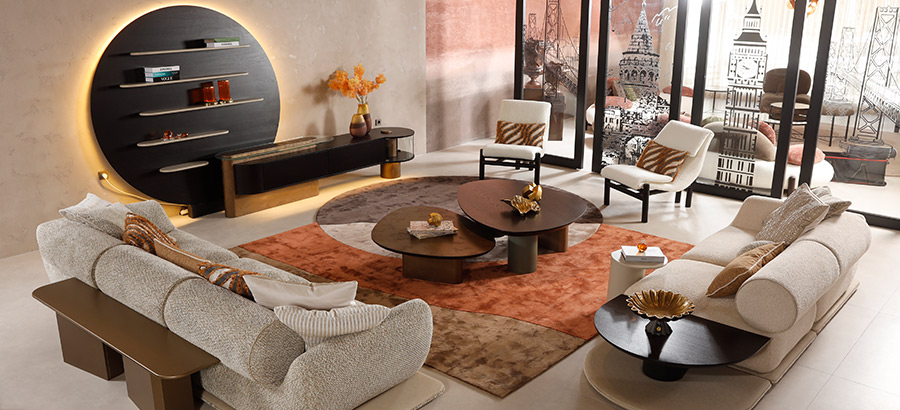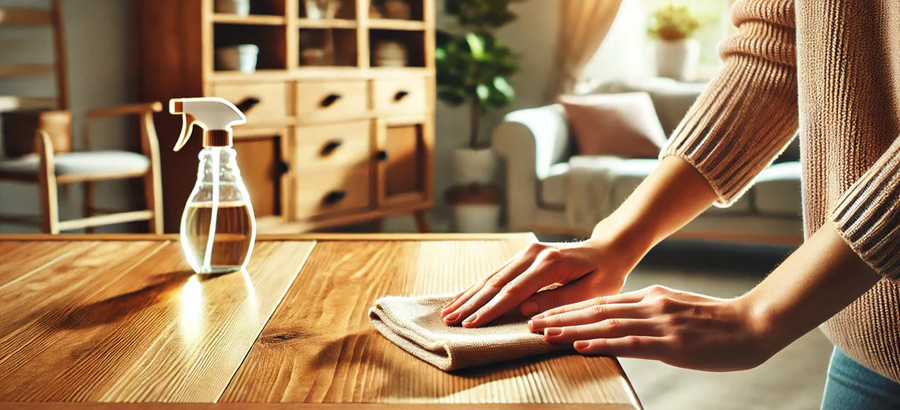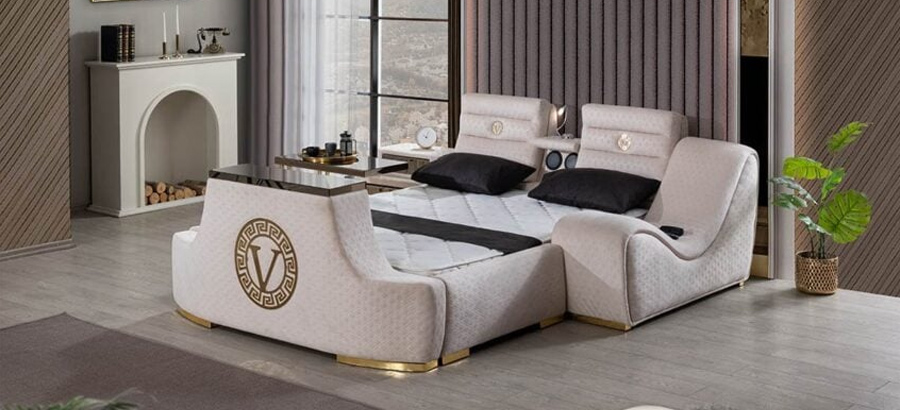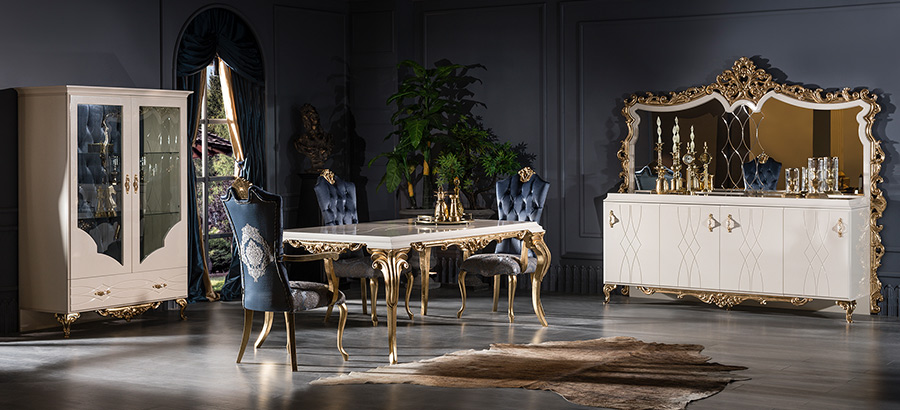Classic furniture is making a striking return in 2025, as interior designers and homeowners alike rediscover the timeless beauty, quality, and character of traditional designs. The shift toward authenticity, craftsmanship, and visual richness has triggered a revival in luxury furniture trends rooted in classic aesthetics. Whether it’s a grand Chesterfield sofa or a hand-carved baroque armchair, classic furniture elements are now blending seamlessly into modern homes, creating spaces that feel both elegant and lived-in.
If you’re looking to upgrade your interiors, here are the top 7 classic furniture trends reclaiming their place in contemporary design—and how to incorporate them into your space.
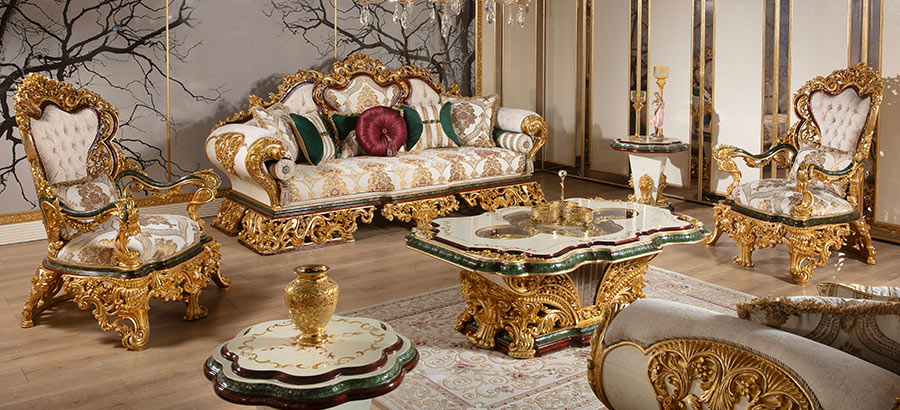
Why Classic Is Never Out of Style
Classic furniture has an enduring charm because it speaks to a sense of history, quality, and permanence. Unlike fast furniture that often lacks longevity, classic pieces are crafted with attention to detail and built to last for generations. They embody tradition but can also be adapted to reflect modern lifestyles. In a world where sustainability and individuality are increasingly valued, the traditional design revival makes perfect sense.
Classic furniture also provides a powerful contrast to minimalism, offering richness and storytelling. It’s about craftsmanship, not mass production; elegance, not ephemerality. That’s why 2025 is seeing a powerful resurgence of traditional design elements in luxury interiors.
Trend 1: Baroque-Inspired Detailing
Baroque style—opulent, dramatic, and ornate—is back with a modern sensibility. Expect to see furniture with intricate carvings, curved lines, and gold leaf embellishments. These features are no longer reserved for royal palaces or period dramas. Today’s luxury furniture brands are updating baroque detailing with sleeker finishes and more subtle palettes, making them accessible for contemporary homes.
Where to use: Accent chairs, bed frames, and console tables.
Pair with: Neutral walls, modern lighting, and minimalist flooring to create a dramatic focal point without overwhelming the room.
Baroque elements are perfect for those who want to make a statement. They bring historical grandeur into modern interiors without sacrificing sophistication.
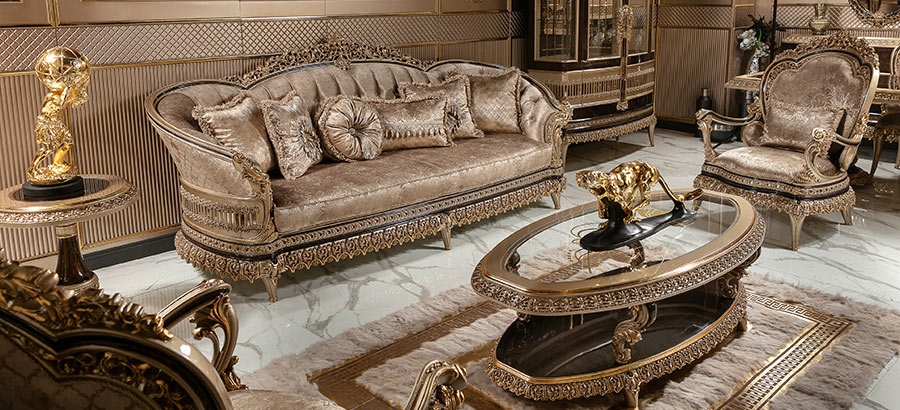
Trend 2: Velvet Upholstery and Deep Colors
Velvet, once a symbol of aristocratic luxury, is trending again in 2025—and for good reason. It’s soft, rich in texture, and capable of adding instant depth to any space. When paired with bold, jewel-toned colors such as emerald green, sapphire blue, burgundy, or mustard gold, velvet upholstery becomes the epitome of luxe comfort.
Where to use: Sofas, armchairs, headboards, and ottomans.
Pair with: Matte gold accents, glass coffee tables, or marble surfaces for a high-end feel.
Velvet furniture isn’t just visually stunning—it’s also highly tactile, inviting people to relax and feel at home. As luxury furniture trends evolve, velvet continues to be a favorite for its blend of drama and comfort.
Trend 3: Handcrafted Wooden Frames
The return to craftsmanship is a key driver behind the resurgence of handcrafted wooden frames. Whether it’s walnut, mahogany, oak, or gürgen wood (hornbeam), solid wood furniture offers unmatched durability and timeless elegance. You’ll notice curved legs, hand-carved flourishes, and artisanal joinery in many 2025 collections.
Where to use: Dining tables, beds, chairs, and cabinets.
Pair with: Natural textiles like linen or cotton, and classic lighting such as chandeliers or wall sconces.
This trend not only adds character but also aligns with the global move toward sustainability. Consumers are now choosing quality over quantity—investing in heirloom pieces that reflect their values and aesthetics.
Trend 4: Antique Gold and Brass Finishes
Gold and brass are no longer confined to the past—they’re making a strong comeback in modern interpretations. Whether brushed, polished, or antiqued, these finishes elevate the overall aesthetic of a piece, adding a touch of glam without being overly flashy.
Where to use: Mirror frames, drawer handles, coffee tables, lighting fixtures.
Pair with: Dark woods or soft neutrals to balance the shimmer.
In luxury furniture design, metallics bring warmth and sophistication. They’re also great for tying classic and modern elements together within the same room.
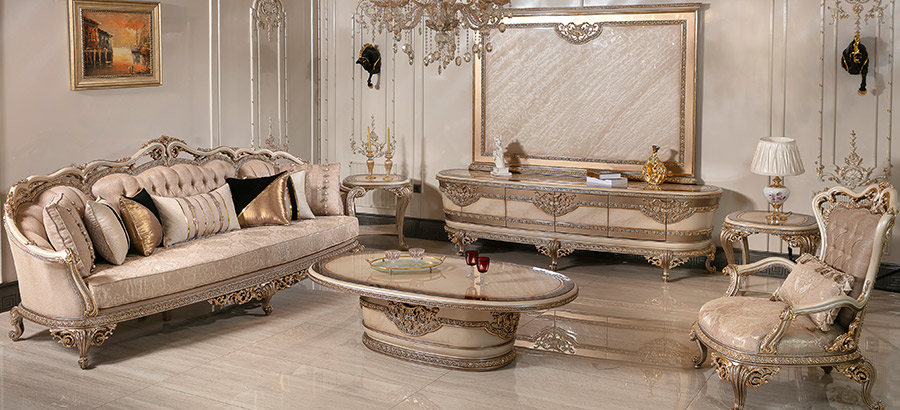
Trend 5: Tufted Detailing on Sofas and Headboards
The tufted look—especially in deep-button styles—is a hallmark of classic furniture, often associated with Chesterfield sofas. In 2025, this detail is back, not just in traditional pieces but also in modernized forms. The texture, dimension, and plushness it brings to upholstery is unmatched.
Where to use: Living room sofas, master bedroom headboards, entryway benches.
Pair with: Contemporary legs or minimalist silhouettes to keep the design current.
Tufted furniture provides a perfect balance of comfort and elegance, making it a top pick in high-end interiors.
Trend 6: Ornate Mirrors and Accent Pieces
No classic revival would be complete without decorative mirrors and statement accents. Large, gilded mirrors or frames with Rococo-inspired curves are popular again—not just as functional items but as powerful visual anchors in a room.
Where to use: Living rooms, entryways, above fireplaces or console tables.
Pair with: Bold wallpaper or classic wainscoting for an extra layer of sophistication.
Accents like these reflect light, enlarge the space visually, and create a sense of curated luxury.
Trend 7: Symmetry and Formal Layouts
While modern interiors often favor asymmetry and free-flowing layouts, classic design thrives on balance and order. Symmetrical arrangements—two armchairs flanking a fireplace, matching nightstands, or twin bookshelves—are making a return.
Where to use: Living rooms, formal dining areas, master bedrooms.
Pair with: Soft textiles and contemporary art for a balanced, inviting space.
Symmetry provides a feeling of harmony and calm, reinforcing the timeless elegance that defines classic interiors.
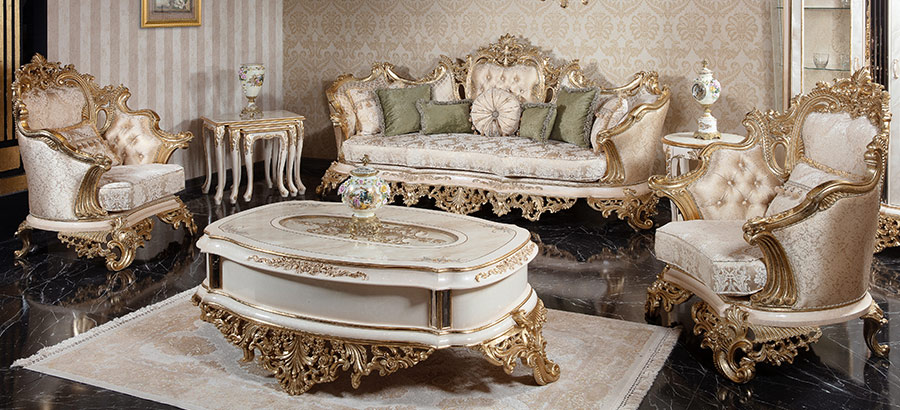
Tips for Blending Trends with Modern Decor
You don’t need to live in a palace to enjoy the beauty of classic furniture. Here are a few ideas to integrate these trends into contemporary homes:
Start with statement pieces: A velvet sofa or a baroque mirror can anchor a room without overwhelming it.
Keep the palette modern: Balance ornate furniture with muted tones like beige, gray, or olive green.
Mix materials wisely: Pair carved wood with glass or metal for contrast.
Respect proportion: Classic furniture tends to be larger—make sure the room can accommodate it without feeling cramped.
Classic and luxury furniture trends are not about replicating the past, but rather about reinterpreting it. The 2025 revival blends elegance with comfort, tradition with innovation—giving homeowners the best of both worlds.
